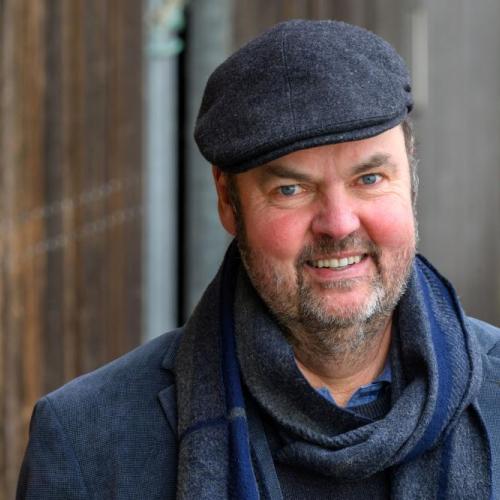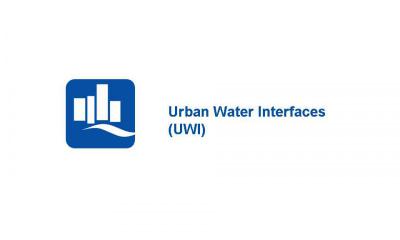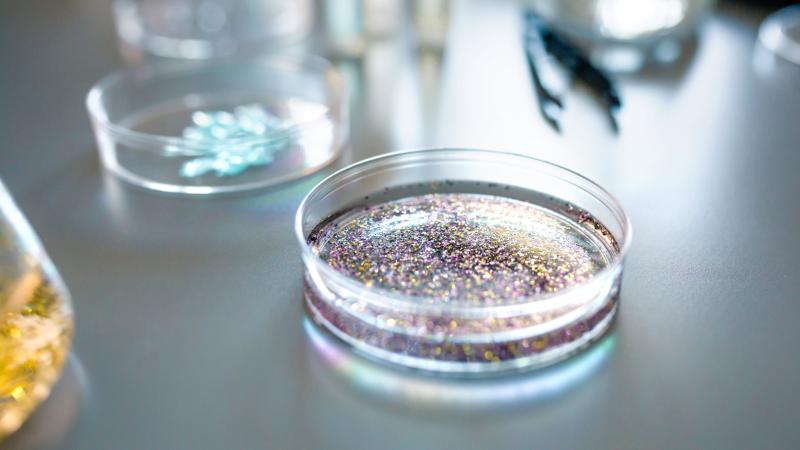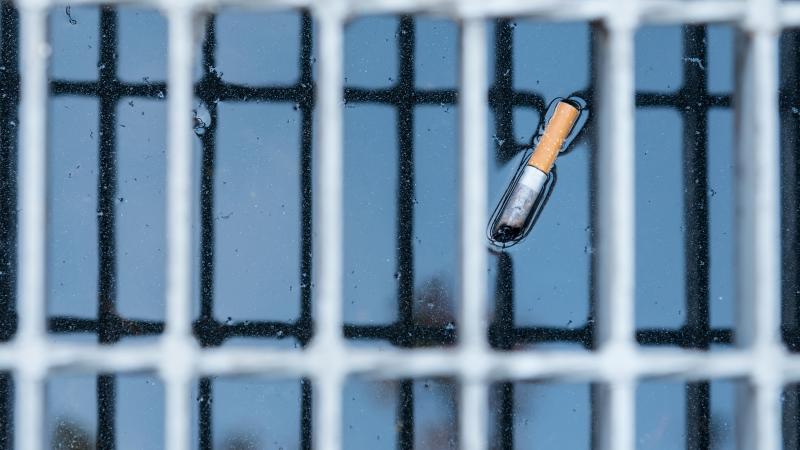
Prize winner Lena Heinrich together with the prize winners Johannes Feldbauer (second from left, TU Dresden) and Cornelis Schwenk (University of Heidelberg/UfZ Magdeburg, 1st place) at the award ceremony by DGL President Markus Weitere and Michael Hupfer. The 2nd place was awarded twice this year according to the vote of the audience. | Photo: Felix GrunickeT, U Dresden
At IGB, Lena Heinrich investigated the function of technical and natural interfaces in the formation of the divalent iron-phosphorus mineral vivianite. For this purpose, she used analogies in the process flows of wastewater treatment plants and natural lake sediments. Intensive international research is being conducted on the topic, as the recovery of phosphorus, a scarce resource, is of increasing economic interest.
The study, for which Lena Heinrich has now received an award, was published in the Journal of Soils and Sediments. The study examined the different long-term effects of iron as a precipitant for phosphorus in connection with the restoration of two eutrophic lakes in Berlin. The junior researcher and her co-authors succeeded in demonstrating the controlling role of sulphate reduction for the formation of vivianite as a stable phosphorus compound by means of current and previous studies on sediment stratigraphy and a wide range of analytical methods as well as theoretical considerations. The study, designed as a field experiment, contributes significantly to a better mechanistic understanding of geochemical processes in lake sediments and is highly relevant for the future application of iron salts for lake restoration on a scientifically sound basis.
Since July 2022, Lena Heinrich has been an Academic Assistant in the Soil Science and Geoecology Group at the Institute of Environmental Sciences and Geography University of Potsdam.
About the Schwoerbel-Benndorf Young Scientist Award
For the DGL Young Scientist Award, a group of reviewers evaluates the submitted articles and individuals. According to their recommendations, three young authors are selected for the Young Investigator Award and invited to give a plenary lecture at the annual meeting of the German Society for Limnology (DGL). This plenary session is now considered the highlight of the annual meeting, where the auditorium decides on the ranking of the researchers awarded the Young Scientist Award and thus the amount of prize money. This year, the prize was awarded for the 17th time. First place is endowed with 1,500 Euro.





